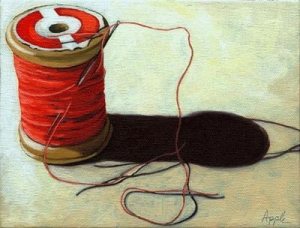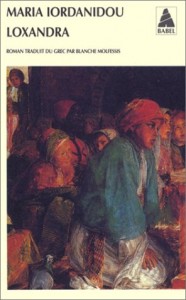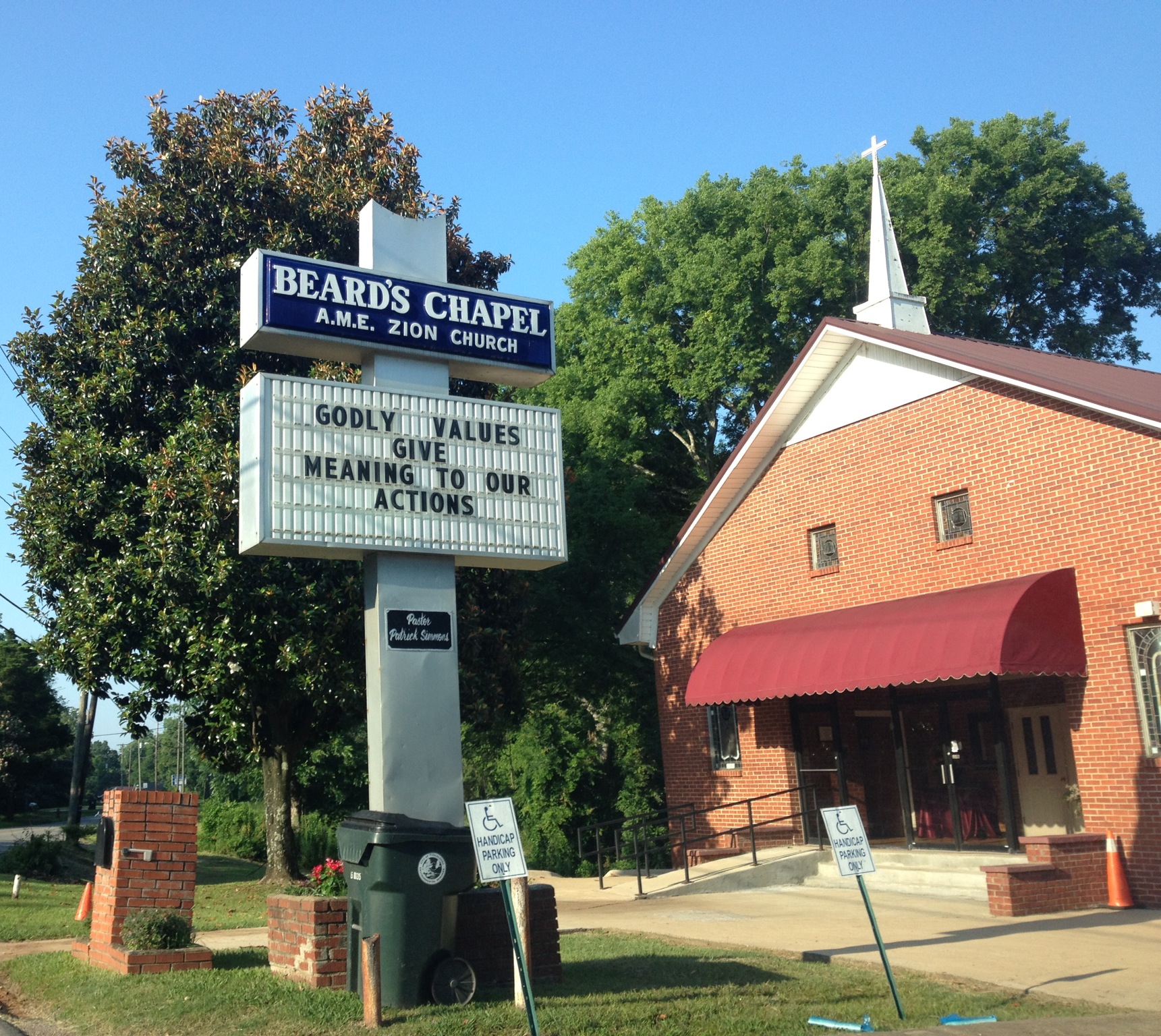 Some scholars of religion talk as if cultural stuff—icons, myths, rituals, practices, ideologies, discourses, etc.—allows practitioners to “express” themselves, their religious beliefs, or simply their “religion.” Other scholars talk as if the use of this cultural stuff has the effect of “constituting” (perhaps by “performing”) themselves, their religious beliefs, or their identity. Continue reading “Religious “Expression”?”
Some scholars of religion talk as if cultural stuff—icons, myths, rituals, practices, ideologies, discourses, etc.—allows practitioners to “express” themselves, their religious beliefs, or simply their “religion.” Other scholars talk as if the use of this cultural stuff has the effect of “constituting” (perhaps by “performing”) themselves, their religious beliefs, or their identity. Continue reading “Religious “Expression”?”
Forging a Fake
 In honor of one of Culture on the Edge‘s members being in Greece, to do some fieldwork and visit archives, I thought it would be fitting to offer this weekend, public service announcement concerning how to make a fake McDonald’s frappé — which, of course, rivals ouzo as the national drink of Greece. (A frappé, I mean, not a McDonald‘s frappé.) Continue reading “Forging a Fake”
In honor of one of Culture on the Edge‘s members being in Greece, to do some fieldwork and visit archives, I thought it would be fitting to offer this weekend, public service announcement concerning how to make a fake McDonald’s frappé — which, of course, rivals ouzo as the national drink of Greece. (A frappé, I mean, not a McDonald‘s frappé.) Continue reading “Forging a Fake”
Seeing the Ordinary as Curious
Sometime ago, I uploaded to a Facebook album my own version of a Sociological Images post — worth reproducing here, I think: so consider this March 20, 2009, photo of a group of Cameroon’s Baka people performing for Pope Benedict XVI as he left for Angola.
 Simple question: who is wearing a costume?
Simple question: who is wearing a costume?
To rephrase, can you see an ideology to men’s neckties? Why would they have been banned in the 1979 Iranian revolution? Or are they so ordinary, so normal, as to pass unnoticed?
(Admit it: you thought I was just comparing the dancers to the Pontiff, didn’t you?)
Supermodel Blues
Some of you may have seen supermodel Cameron Russell’s recent TED talk on the topic of beauty (and, more to the point, its social construction). In the talk, Russell enters the stage wearing a tight, revealing black dress and very high heels, but as the substance of her speech ensues, she quickly changes into a far more demure (not to mention much looser) skirt and sweater. Continue reading “Supermodel Blues”
Why is a Praying Atheist Newsworthy?

This week, several media outlets (Washington Post and Huffington Post) have highlighted an atheist who advocates prayer. The man has blogged that when he started a twelve step program he began praying regularly to a being he created (without believing in the existence of a deity), which changed his life for the better. Last summer, I pondered a somewhat similar hypothetical scenario in which a self-identified atheist maintained a belief in god in order to illustrate, as my colleagues here at Culture on the Edge have been saying, that identifications are strategic, not intrinsic. That blog post received pushback from some friends asserting that atheists, by definition, cannot believe in god. Continue reading “Why is a Praying Atheist Newsworthy?”
Everything Old is New Again in Thessaloniki
 An interesting video was posted earlier today by the British newspaper The Guardian, a film which is part of the Energy Bits documentary initiative. It is on a very interesting Greek “upcycling” project/business in Thessaloniki, in which found objects (from the garbage or junk yards) are transformed by artists, architects, etc., into rather cool, usable things. Continue reading “Everything Old is New Again in Thessaloniki”
An interesting video was posted earlier today by the British newspaper The Guardian, a film which is part of the Energy Bits documentary initiative. It is on a very interesting Greek “upcycling” project/business in Thessaloniki, in which found objects (from the garbage or junk yards) are transformed by artists, architects, etc., into rather cool, usable things. Continue reading “Everything Old is New Again in Thessaloniki”
Imagining Identity
 What if we, as scholars, told the following narrative? In the first century there was a man named Jesus who invented a magical spool of invisible thread. He carried the spool with him everywhere he traveled as an itinerant preacher. When those who heard his message accepted it, he would magically partition the invisible thread, handing an end to each new follower. Jesus’ disciples each carried an end of this invisible thread, and everywhere they went they too distributed it. Like the loaves and the fishes Jesus is said to have multiplied to feed the masses, so was the thread multiplied and divided—like a complicated spider web—across the face of the ancient Mediterranean world. In fact, the thread stretched not only across space but across time as well, although it has been divided innumerable times over the last two millennia. Contemporary followers of Jesus in the Catholic, Eastern Orthodox, and Protestant churches hold the thread today at its various temporal and spatial termini. Continue reading “Imagining Identity”
What if we, as scholars, told the following narrative? In the first century there was a man named Jesus who invented a magical spool of invisible thread. He carried the spool with him everywhere he traveled as an itinerant preacher. When those who heard his message accepted it, he would magically partition the invisible thread, handing an end to each new follower. Jesus’ disciples each carried an end of this invisible thread, and everywhere they went they too distributed it. Like the loaves and the fishes Jesus is said to have multiplied to feed the masses, so was the thread multiplied and divided—like a complicated spider web—across the face of the ancient Mediterranean world. In fact, the thread stretched not only across space but across time as well, although it has been divided innumerable times over the last two millennia. Contemporary followers of Jesus in the Catholic, Eastern Orthodox, and Protestant churches hold the thread today at its various temporal and spatial termini. Continue reading “Imagining Identity”
The Alchemy of Circumstances
 After quoting from Maria Iordanidu‘s novel, Loxandra (c. 1963)–a novel set in the early 19th century in the city then known as Constantinople–concerning an episode in which an otherwise unassuming shopkeeper is questioned by the protagonist as to whether he had participated in the massacre of Armenians–Jean-Francois Bayart goes on: Continue reading “The Alchemy of Circumstances”
After quoting from Maria Iordanidu‘s novel, Loxandra (c. 1963)–a novel set in the early 19th century in the city then known as Constantinople–concerning an episode in which an otherwise unassuming shopkeeper is questioned by the protagonist as to whether he had participated in the massacre of Armenians–Jean-Francois Bayart goes on: Continue reading “The Alchemy of Circumstances”
“Anchors Away!: Or, Can the Subaltern Get a Soundbite?”
Something interesting happened when famous comic bad boy Russell Brand showed up for an interview on MSNBC’s Morning Joe and it’s been making the rounds online ever since. Hosted by Joe Scarborough and Mika Brzezinski, the morning show is made of a roundtable of pundits and talking heads, mostly discussing politics and current events while making daily dips into pop culture. And while the co-hosts certainly have their soapboxes (Mika has famously made a second job out of railing against obesity, and Joe was a state representative, for crying out loud), they pride themselves on being serious reporters interested in providing a balance of perspectives when talking about an issue. Continue reading ““Anchors Away!: Or, Can the Subaltern Get a Soundbite?””

 It’s sort of interesting to see how an apparently counter-intuitive model of identity uncontroversially (and probably unintentionally) finds its way into everyday life.
It’s sort of interesting to see how an apparently counter-intuitive model of identity uncontroversially (and probably unintentionally) finds its way into everyday life.